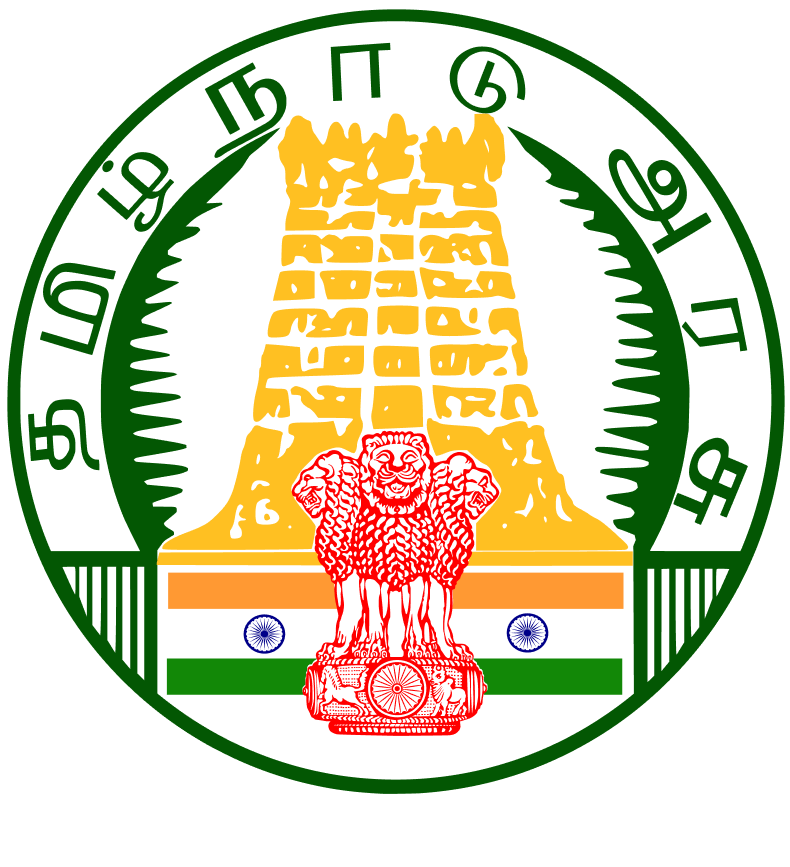Completed Studies
Multiplication and Popularization of High Density Short Rotation (HDSR) Saline/Sodicity Tolerant Casuarina junghuhniana Clones through on Farm Trails/Multi Location Trails in TamilNadu
Institution: Horticulture College and Research Institute, TNAU, Mettupalayam
Overview: The study aims to improve clonal forestry by using superior vegetatively propagated planting materials, yielding 20–70% higher than seedlings. In India, 2.04 million hectares are affected by soil salinity or alkalinity, which severely impacts plant growth. The focus includes addressing challenges like fast growth, high biomass, and short rotation cycles.
Cost Effective Captive Breeding Technology for Channastriata (Striped Murrel) for field level adoption
Institution: Tamil Nadu Dr.J. Jayalalithaa Fisheries University (TNJFU), Ponneri
Overview: The study aims to promote Striped Murrel (Channa striata) for species diversification in aquaculture, which is urgently needed in India. This fish is highly preferred in Southeast Asia and India but is currently cultured on a small scale. Most Murrel production comes from inland capture fisheries. Developing cost-effective captive breeding techniques will increase production and encourage diversification beyond Carps, Shrimp, and Tilapia.
Development of Dry Land Integrated Biofloc Tank and Farm Pond Polyculture System for adaptation in Fallow Land Region of Salem District
Institution: Tamil Nadu Dr.J. Jayalalithaa Fisheries University (TNJFU), Ponneri
Overview: The study focuses on developing a sustainable freshwater aquaculture system combining bio-floc tanks with farm ponds. The experiment involved raising Genetically Improved Farmed Tilapia (GIFT) and freshwater prawns (Macrobrachium rosenbergii) for two months in bio-floc tanks. Afterward, the fish and prawns were transferred to farm ponds for another two months before harvesting. The study aimed to find the optimal stocking density and the ratio of fish to prawn within this integrated system, settling on a 60:40 ratio. The study meticulously monitored and documented water quality parameters, growth rates, survival rates, and the overall health of the organisms. Training on the system was provided for the farmers (194 in total from Salem and nearby districts), and technical data on growth, survival, water quality, and organism health was documented. Overall, the project aimed to develop this polyculture model, train farmers in its use, and assess its economic viability and adoption rate.
Integrated Farming System as a tool for Sustainable livelihood of farmers in Cauvery Delta Zone of TN
Institution: Tamil Nadu Veterinary and Animal Sciences University (TANUVAS), Orathanadu
Overview: The research examines the viability of Integrated Farming Systems (IFS) in sustaining livelihoods for farmers in Tamil Nadu’s Cauvery Delta Zone. Focused on enhancing year-round income in a region prone to various disasters, it assesses farmers’ understanding of IFS and aims to impart skills for sustainable farming practices.
Exploration of Potential Beneficial Microbes in different forest and agriculture ecosystem in Kolli Hills, TN and imparting Training cum demonstration on Bio fertilizer production and application in nursery field
Institution: Institute of Forest Genetics and Tree Breeding (IFGTB), Coimbatore
Overview: Microorganisms are found in all parts of nature and are essential to every ecosystem that is currently understood to exist. In addition to offering financial gains, the efficient application of bio-inoculants for crops enhances and preserves soil fertility and sustainability within the natural soil ecosystem. This study aims to ascertain the current state of beneficial microbes in Kolli Hills, assess the effectiveness of various beneficial microbes as bio-fertilizers and organic manures, and provide training to end users on the production and application techniques of bio-fertilizers.
Screening of International Germplasm of Casuarinaequisetifolia for enhancing Productivity and Rural Livelihood in Tamil Nadu
Institution: Institute of Forest Genetics and Tree Breeding (IFGTB), Coimbatore
Overview: Understanding that C. equisetifolia has a long-term market for its versatility as a tree species, this study will assess the international germplasm of the species in various Tamil Nadu locations in order to pinpoint superior provenances and phenotypes for creating productive clones.
Development of Integrated Dryland Agroforestry System in Tamil Nadu for enhancing livelihood opportunities
Institution: Institute of Forest Genetics and Tree Breeding (IFGTB), Coimbatore
Overview:This study focuses to develop and demonstrate suitable dry land agro-forestry systems employing superior planting stocks of multipurpose trees like neem, pungam, Ailanthus, Calophyllum, Casuarinas and Teak for enhancing the livelihood opportunities of Ramanathapuram District.

